UCI Beckman Scholars Program
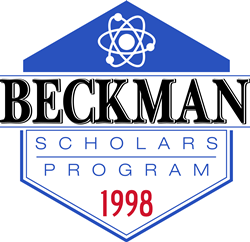
Current and Former Scholars
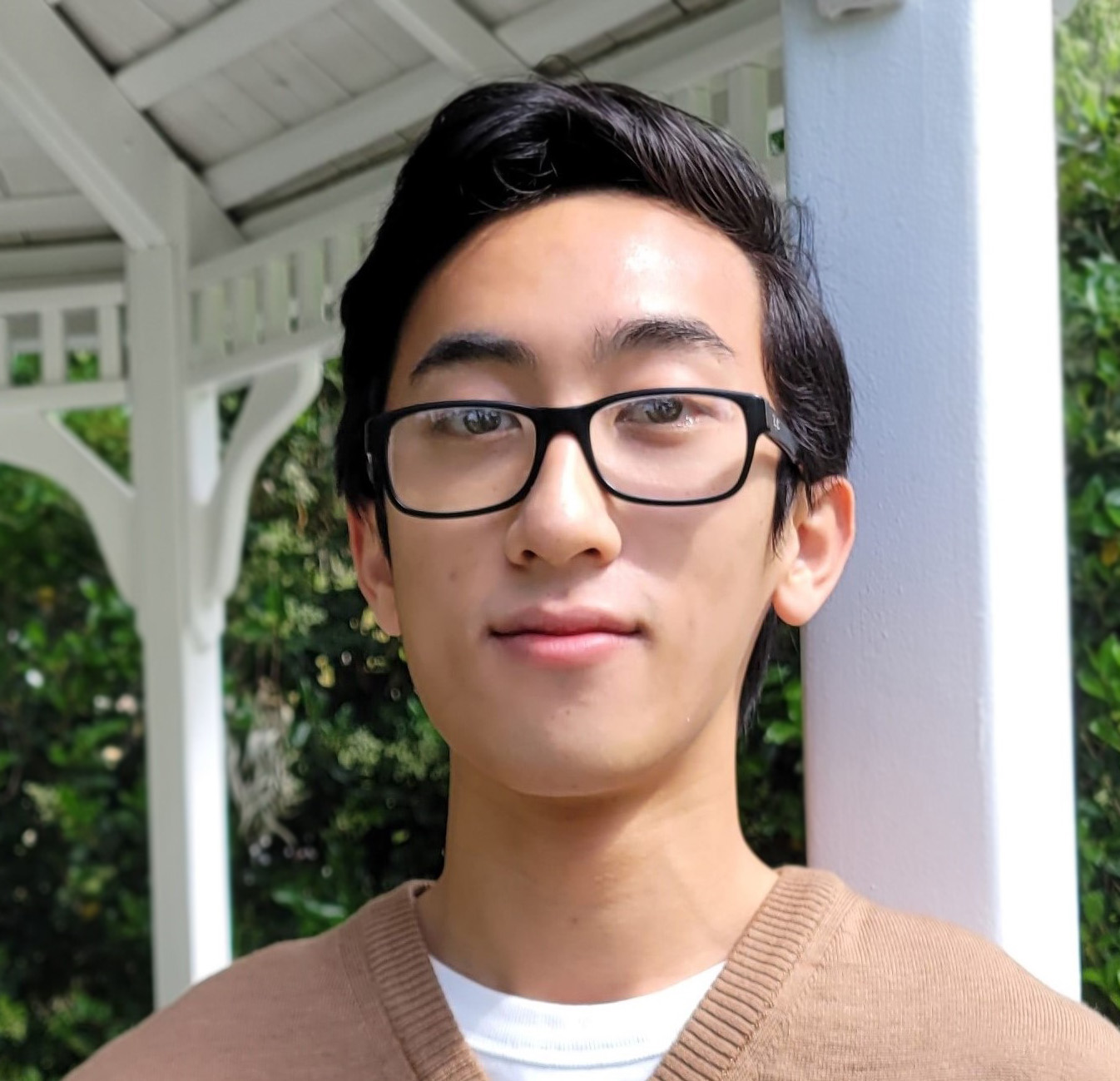
Jonathan Le, a Biochemistry and Molecular Biology major and a 2023-2024 UCI Beckman Scholar, is mapping nutrient localization in Drosera capensis digestion under his mentor, Prof. Rachel Martin (Departments of Chemistry and Molecular Biology & Biochemistry). Like other carnivorous plants, the Cape sundew obtains important nutrients by capturing and consuming insects. The plant releases digestive enzymes to break down prey, then absorbs biomolecules directly through its leaves. Jonathan is using a mass spectrometry-based imaging technique called MALDI-MSI to track the abundance and spatial distribution of compounds across the leaf tissue throughout this process. This will reveal the molecules involved in digestion, both those produced by the plant itself and those absorbed from prey, along with where they are localized. Investigating the metabolism of a carnivorous plant can elucidate how they take advantage of limited resources in their environments to survive.
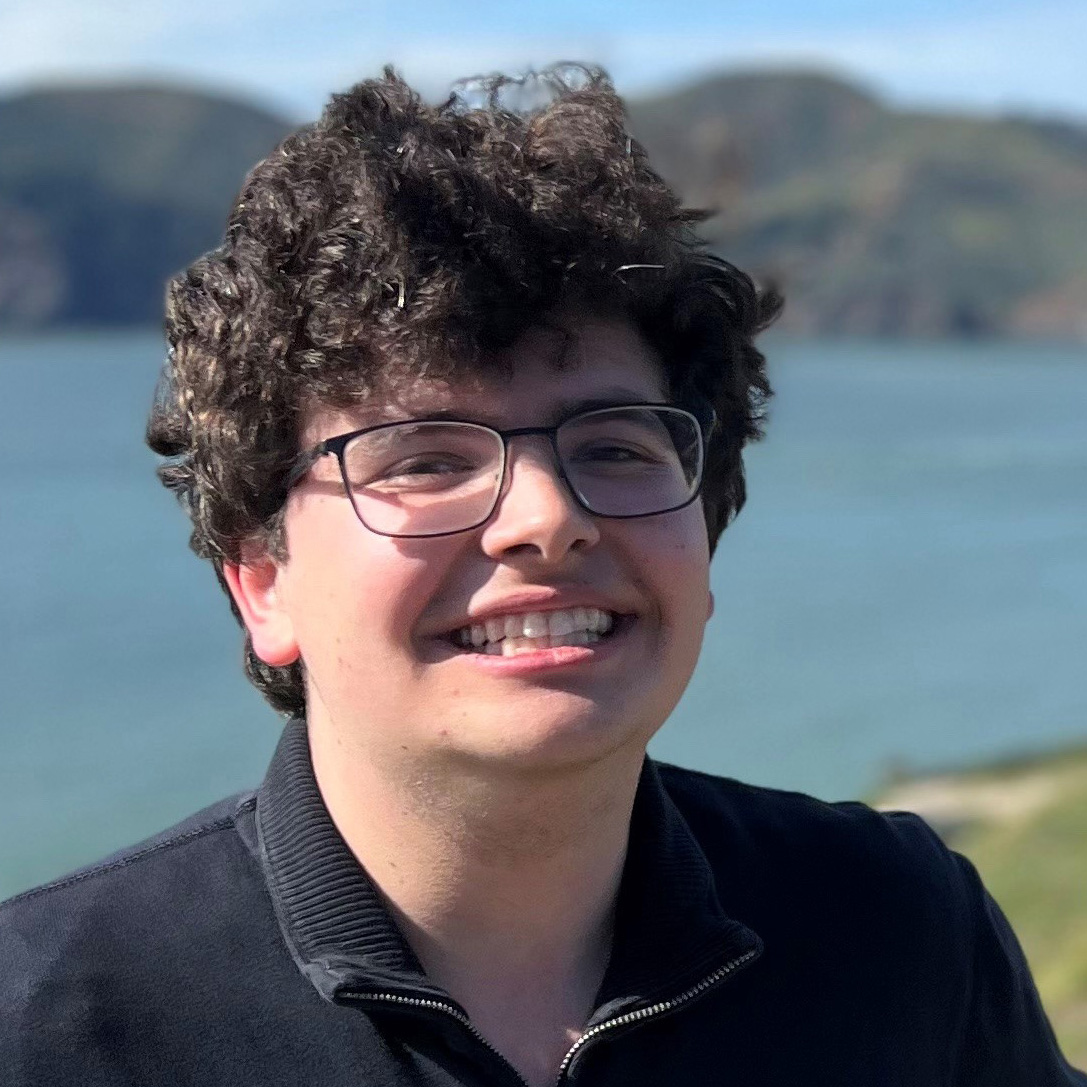
Ben Rose, a Chemistry/Molecular Biology and Biochemistry double major and a 2023-2024 Beckman scholar at UCI, is studying the formation of Metal Organic Framework (MOF) encapsulated enzyme biocomposites in the lab of Professor Joe Patterson (Department of Chemistry). Through immobilization of enzymes onto solid supports such as MOFs (E-MOFs), enzymes can overcome their inherent chemical and thermal limitations and remain functional for longer outside the body. Variation in E-MOF synthesis conditions can result in a significant change in MOF crystal formation mechanisms, and consequently, enzymatic activity within the E-MOF. Additionally, E-MOFs, at certain synthetic conditions, can incorporate environmental carbon dioxide into their crystalline lattices during crystal growth, acting as a carbon-capture method. The use of E-MOFs is currently limited by a lack of understanding of MOF formation reactions at different synthetic conditions. Ben will engineer E-MOF synthetic conditions, extracting fundamental mechanistic information using advanced imaging and spectroscopic techniques, in order to investigate both the carbon capture and enzymatic catalysis abilities of E-MOFs, aiming to develop a bulk material capable of industrial use.
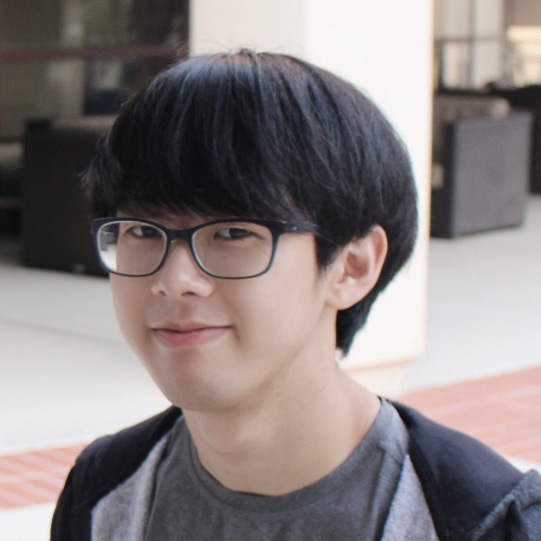
Justin Kwon, a Chemistry major and a 2022-2023 UCI Beckman Scholar, is researching biomolecule interactions under the mentorship of Prof. Jennifer Prescher (Departments of Chemistry, Molecular Biology & Biochemistry, and Pharmaceutical Sciences). Protein-protein interactions drive diverse aspects of cell biology, ranging from signal transduction to gene expression, and misregulation of these interactions can further lead to disease progression and other detrimental effects. However, such interactions still remain poorly understood due to the transient nature of many of these interactions as well as the limited toolkit for mapping protein interactomes. Justin’s project aims to synthesize bioorthogonal probes that can be site-specifically incorporated into protein targets and chemically activated to tag neighboring biomolecules. These results will establish a new platform technology for characterizing a variety of biomolecule interactions.
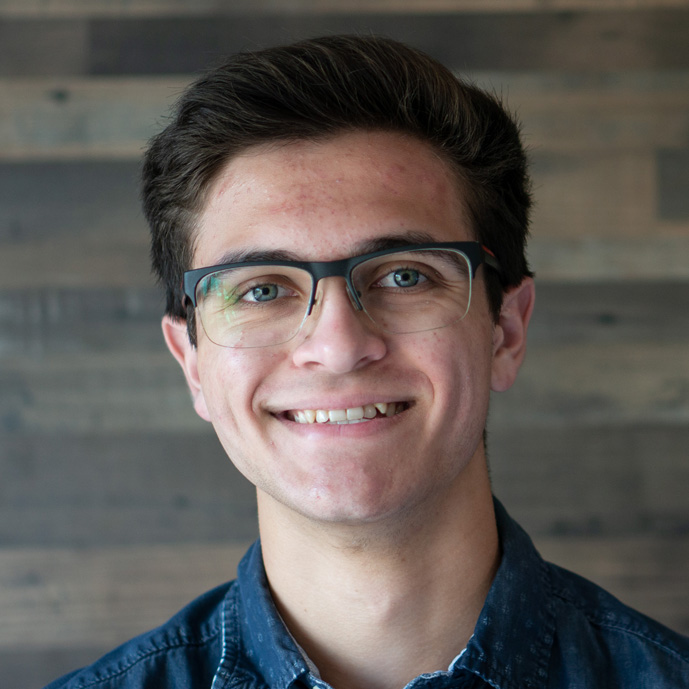
Arjun Pamidi, a Biological Sciences major at UCI and a 2022-2023 Beckman Scholar, is developing electrochemical sensors and synthesis tools to make chemical synthesis greener, using less harsh solvents, water, and energy. Under the guidance of Prof. Gregory Weiss (Departments of Chemistry, Molecular Biology and Biochemistry, and Pharmaceutical Sciences), Arjun will advance the art of chemical synthesis in continuous flow, a method for transforming compounds as they dynamically encounter catalysts and different conditions during flow through chemical reactors. Arjun builds bioelectrocatalysts, which combine green electrochemistry and enzymes to conduct energy-intensive reactions with minimal environmental impact (e.g., in water, not organic solvent). These reactions can require electron-rich cofactors to provide their thermodynamic driving force. To replace chemicals typically used to replenish these cofactors, Arjun investigates applying electrochemistry to this process. Additionally, by monitoring the transfer of electrons in the process, Arjun seeks a new approach to quantifying reaction yields to guide its optimization. These green biocatalysis systems will enable a more sustainable future.
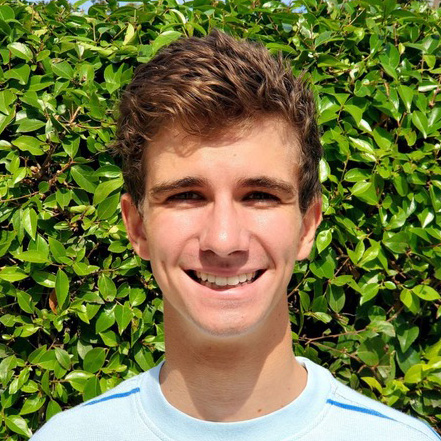
Parker Smith, a transfer student into the School of Biological Sciences and a 2022-2023 Beckman Scholar, is researching the role of the epigenetics in the evasion of the immune recognition by retinoblastoma under his mentor, Professor Claudia Benavente (Department of Pharmaceutical Sciences). Retinoblastoma is a malignant intraocular tumor that affects children under the age of five. Current treatments have very high success rates, but are complex and costly, which severely limits treatment options and availability in developing countries. Parker is doing experiments both in vivo and in vitro to look closely at the relationship between previously observed epigenetic changes and the immune system's function in the onset and development of retinoblastoma. His project aims to elucidate the role that the overexpression of the epigenetic regulator UHRF1 plays in the evasion of immune recognition in retinoblastoma tumor formation and progression with the hope that this understanding will lead to a more cost effective and widely available treatment for retinoblastoma.
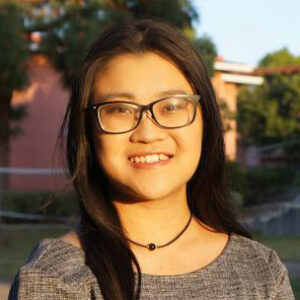
Lucy Yang, the 2021-22 UCI Beckman Scholar, is a chemistry and biological sciences double major at UCI, who is researching the structure of ribozymes under the mentorship of Prof. Robert Spitale (Departments of Pharmaceutical Sciences, Chemistry, Molecular Biology & Biochemistry), in collaboration with Prof. Andrej Luptak (Departments of Pharmaceutical Science, Chemistry, Molecular Biology & Biochemistry). Ribozymes are RNA molecules capable of catalyzing chemical reactions. This ability of RNA to act as both information carrying molecules and catalysts plays a crucial role in supporting and understanding the "RNA World” hypothesis, which proposes that life evolved from RNA oligonucleotides. Lucy’s project aims to understand the energetics of a polymerase ribozyme—a ribozyme capable of copying a template RNA strand—by investigating changes in the ribozyme’s structure and function when substrates of different energies are present in the catalytic core. These findings would further our understanding of the energetics of RNA replication in the RNA world, and uncover more knowledge about the evolution of life on Earth. After her Beckman Scholarship ends, Lucy will start her PhD at Harvard University in the Fall of 2022.
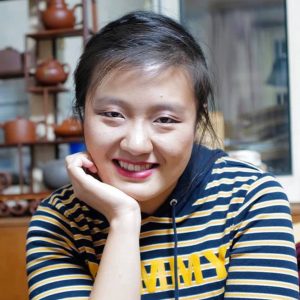
Kimberly Zhang, a chemistry and mathematics double major at UCI and a 2020-21 UCI Beckman Scholar, is researching chemistry of air pollutants under faculty mentorship of Prof. Sergey Nizkorodov (Department of Chemistry) in collaboration with Prof. Filipp Furche (Department of Chemistry) using a combination of experimental and theoretical methods. Organic air pollutants exist in gaseous-phase, in cloud and fog droplets, and on various environmental surfaces. The chemical fate of these molecules after reaching the condensed phase is largely unknown, but is expected to be controlled by photochemistry. Kimberly is doing both experiments and theoretical simulations to establish the atomistic mechanism of the photochemical processes, unveil ultrafast reaction pathways and dynamics, and determine observables such as products and yields for organic air pollutants. These results provide vital input for atmospheric models that predict the formation of air pollutants in the atmosphere. After her Beckman Scholarship ended, Kimberly started her PhD training at MIT.

Elliott Einstein, a Biological Sciences major at UCI and a 2020-21 UCI Beckman Scholar, will be researching phenolic phytochemicals responsible for the bright colors of flowers. His faculty research mentor is Prof. Rachel Martin from the Department of Chemistry and Department of Molecular Biology & Biochemistry. These compounds can serve as natural colorants in food chemistry and as antioxidants in prevention of several forms of disease such as neurological and cardiovascular illnesses, cancer, and diabetes. Elliott’s project relies on newly developed analytical methods of detection to enable fast discovery of many different polyphenolic compounds from complicated mixtures such as plant samples with as little as a single flower. This method will improve our fundamental understanding of phenolic phytochemicals and lead to innovative applications in chemical biology.
